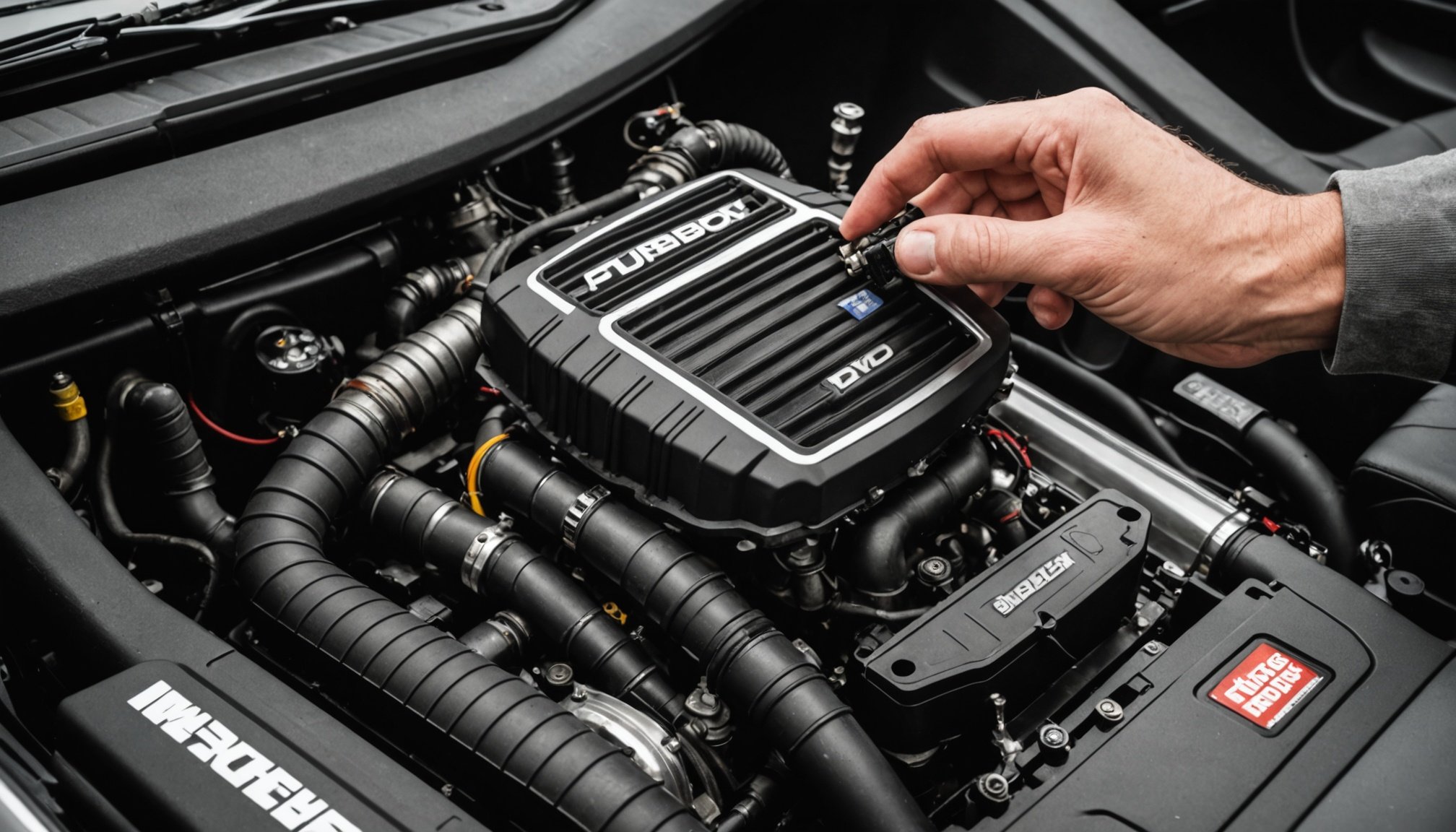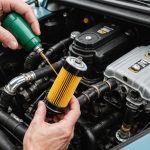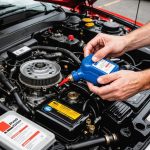Uncovering the Hidden Dangers of Installing Performance Chips in Turbocharged Vehicles
When it comes to enhancing the performance of your turbocharged vehicle, the allure of performance chips can be tempting. These chips promise to unlock your car’s full potential, offering increased power, better throttle response, and an overall improved driving experience. However, beneath the surface of these promises lie several hidden dangers that every car enthusiast should be aware of.
Understanding Performance Chips and Chip Tuning
Before diving into the potential risks, it’s essential to understand what performance chips and chip tuning entail.
This might interest you : Essential sunroof maintenance tips: keep your car leak-free in rainy conditions
What are Performance Chips?
Performance chips, often referred to as tuning chips or ECU (Engine Control Unit) remaps, are modifications made to the vehicle’s engine control unit. These modifications adjust various parameters such as fuel injection timing, boost pressure, and ignition timing to increase the engine’s power output. For example, the 034Motorsport Dynamic+ Performance Software for Audi S4/S5 models can increase horsepower and torque significantly, depending on the fuel octane used[1].
How Do Chips Work?
Chips work by reprogramming the ECU to optimize engine performance. Here’s a simplified breakdown of the process:
Have you seen this : Ultimate diy guide: safely replace your suv”s serpentine belt in easy steps
- ECU Remapping: The ECU is flashed with new software that adjusts engine parameters.
- Fuel and Boost Adjustments: The software can increase fuel injection and boost pressure to enhance power.
- Throttle Response: Refined throttle mapping improves the car’s responsiveness.
- Speed and RPM Limits: The software can remove speed limiters and raise RPM limits for a broader powerband[1].
Potential Risks to Engine Health
While performance chips can make your car perform better, they also come with significant risks to the engine’s health.
Increased Wear and Tear
One of the primary concerns is the increased wear and tear on engine components. When you increase the power output, you are essentially pushing the engine harder than it was designed to handle. This can lead to premature wear on parts such as the turbocharger, pistons, and engine bearings.
- Turbocharger: Increased boost pressure can reduce the lifespan of the turbocharger.
- Pistons: Higher combustion pressures can cause piston rings to wear out faster.
- Engine Bearings: Increased stress on the engine can lead to bearing failure.
Fuel Consumption and Efficiency
Although some tuning solutions claim to improve fuel efficiency, this is not always the case. For instance, the GAN chip for Haval H6 promises up to 15% fuel savings, but this is highly dependent on driving conditions and the specific tuning parameters[2].
- Increased Power: Higher power output often results in increased fuel consumption.
- Driving Habits: Aggressive driving post-tuning can negate any potential fuel savings.
- Engine Type: Diesel engines, in particular, may see varying results in fuel efficiency post-tuning.
Impact on Vehicle Warranty and Reliability
Installing performance chips can have serious implications for your vehicle’s warranty and overall reliability.
Warranty Voidance
Most manufacturers explicitly state that any aftermarket modifications, including performance chips, can void the vehicle’s warranty. This means if something goes wrong with your engine or any other component, you might be left with significant repair costs.
- Manufacturer Policies: Check your vehicle's warranty terms to see if tuning is allowed.
- Aftermarket Support: Some tuning companies offer their own warranties, but these may not be as comprehensive as the manufacturer's.
Reliability Concerns
Performance chips can introduce reliability issues, especially if the tuning is not done correctly. Here are some potential problems:
- Engine Overheating: Increased power output can lead to higher engine temperatures.
- Transmission Stress: Automatic or DSG transmissions may experience increased stress, potentially leading to premature failure.
- Electrical System Overload: The increased power demand can put a strain on the vehicle's electrical system.
Safety Implications
Beyond the mechanical risks, there are also safety implications to consider when installing performance chips.
Loss of Control
A significant increase in power can make the vehicle more difficult to handle, especially for inexperienced drivers. This can lead to a higher risk of accidents.
- Driver Skill: Ensure you have the necessary driving skills to handle the increased power.
- Vehicle Stability: Some vehicles may require additional modifications (e.g., suspension upgrades) to maintain stability.
Electronic System Failures
Modern vehicles rely heavily on electronic systems. Aggressive tuning can overload these systems, leading to failures that could compromise safety.
- Sensor Failures: Increased stress on engine sensors can lead to failures.
- ECU Crashes: The ECU might crash or malfunction under the increased load.
Practical Advice and Precautions
If you’re still considering installing a performance chip, here are some practical tips to keep in mind:
Choose Reputable Tuners
Only use tuning solutions from reputable companies that provide thorough testing and support.
- Research: Look for reviews and testimonials from other users.
- Warranty: Check if the tuner offers any warranty or support.
Monitor Your Vehicle
Keep a close eye on your vehicle’s performance and health post-tuning.
- Regular Checks: Monitor engine temperatures, oil levels, and other vital signs.
- Data Logging: Use data logging tools to track performance and identify any issues early.
Consider the Cost
While the initial cost of a performance chip might seem reasonable, consider the long-term costs.
- Maintenance: Increased maintenance costs due to higher wear and tear.
- Repairs: Potential repair costs if something goes wrong.
Performance chips can indeed enhance your car’s performance, but it’s crucial to be aware of the potential risks involved. Here’s a summary of the key points to consider:
| Aspect | Description | Risks |
|---|---|---|
| Engine Health | Increased power output | Premature wear, overheating |
| Fuel Efficiency | Potential for increased fuel consumption | Negated fuel savings, higher costs |
| Warranty and Reliability | Voidance of manufacturer warranty | Loss of warranty, reliability issues |
| Safety | Increased power can be difficult to handle | Loss of control, electronic system failures |
| Practical Advice | Choose reputable tuners, monitor vehicle health | Regular checks, data logging, consider long-term costs |
In the words of a seasoned car enthusiast, “While performance chips can make your car perform better, it’s like playing with fire. You need to know what you’re doing and be prepared for the consequences.”
Before you decide to install a performance chip, take a step back and weigh the benefits against the risks. It might just save you from a world of trouble down the road.











